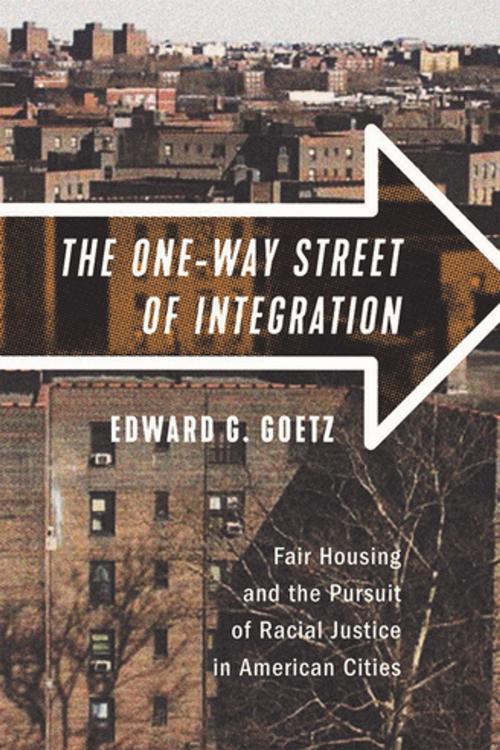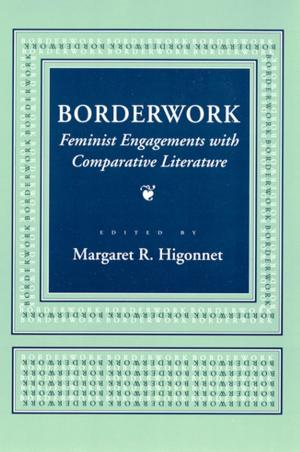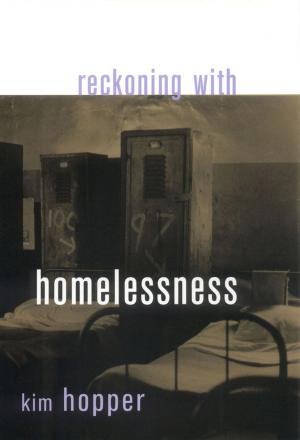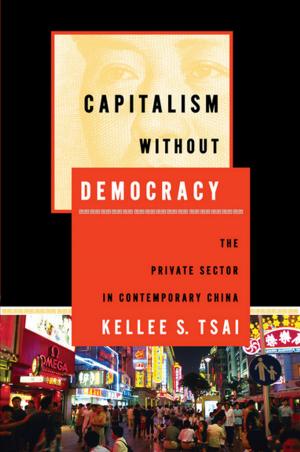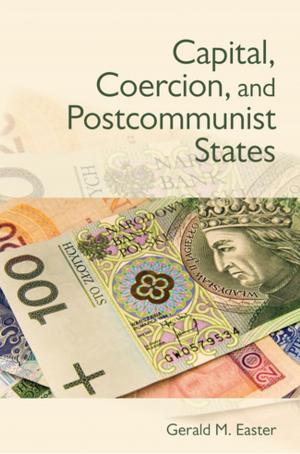The One-Way Street of Integration
Fair Housing and the Pursuit of Racial Justice in American Cities
Nonfiction, Social & Cultural Studies, Political Science, Politics, City Planning & Urban Development, Social Science, Sociology, Urban| Author: | Edward G. Goetz | ISBN: | 9781501716690 |
| Publisher: | Cornell University Press | Publication: | March 15, 2018 |
| Imprint: | Cornell University Press | Language: | English |
| Author: | Edward G. Goetz |
| ISBN: | 9781501716690 |
| Publisher: | Cornell University Press |
| Publication: | March 15, 2018 |
| Imprint: | Cornell University Press |
| Language: | English |
The One-Way Street of Integration examines two contrasting housing policy approaches to achieving racial justice. Integration initiatives and community development efforts have been for decades contrasting means of achieving racial equity through housing policy. Edward G. Goetz doesn’t see the solution to racial injustice as the government moving poor and nonwhite people out of their communities, and by tracing the tensions involved in housing integration and policy across fifty years and myriad developments he shows why.
Goetz’s core argument, in a provocative book that shows today’s debates about housing, mobility, and race have deep roots, is that fair housing advocates have adopted a spatial strategy of advocacy that has increasingly brought it into conflict with community development efforts. The One-Way Street of Integration critiques fair housing integration policies for targeting settlement patterns while ignoring underlying racism and issues of economic and political power. Goetz challenges liberal orthodoxy, determining that the standard efforts toward integration are unlikely to lead to racial equity or racial justice in American cities. In fact, in this pursuit it is the community development movement rather than integrated housing projects that has the greatest potential for connecting to social change and social justice efforts.
The One-Way Street of Integration examines two contrasting housing policy approaches to achieving racial justice. Integration initiatives and community development efforts have been for decades contrasting means of achieving racial equity through housing policy. Edward G. Goetz doesn’t see the solution to racial injustice as the government moving poor and nonwhite people out of their communities, and by tracing the tensions involved in housing integration and policy across fifty years and myriad developments he shows why.
Goetz’s core argument, in a provocative book that shows today’s debates about housing, mobility, and race have deep roots, is that fair housing advocates have adopted a spatial strategy of advocacy that has increasingly brought it into conflict with community development efforts. The One-Way Street of Integration critiques fair housing integration policies for targeting settlement patterns while ignoring underlying racism and issues of economic and political power. Goetz challenges liberal orthodoxy, determining that the standard efforts toward integration are unlikely to lead to racial equity or racial justice in American cities. In fact, in this pursuit it is the community development movement rather than integrated housing projects that has the greatest potential for connecting to social change and social justice efforts.
